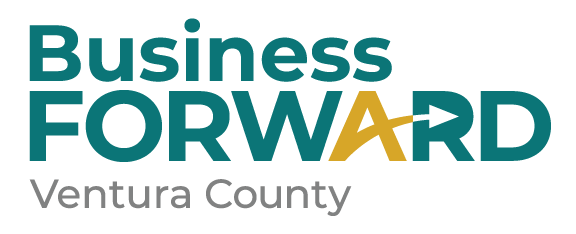
Coworking Spaces 101: What You Need to Know
In general, coworking is a neutral working space for people working independently on various projects or groups working on shared projects. It differs from the traditional workspace in that individuals that use coworking spaces generally don’t work for the same firm. Coworking spaces typically provide basic office amenities and equipment such as WiFi, conference rooms, and printers. However, some offer more resources such as digital assets, advisors and tech support.
What Types of Coworking Spaces Are Available?
- Open Workspaces – These kinds of workspaces have dedicated desks or hot desks where individuals from various firms share common areas.
- Private Workspaces – Private workspaces are offices or custom suites that are meant to serve large teams. Teams from one company either share a particular room or a combination of areas rented or leased by the company.
- Industry Specific – These spaces serve members who are in the same industry. For instance, there are coworking spaces that exclusively serve creative professionals, such as videographers, artists and graphic designers.
- Venture/Incubators – The main purpose of venture capital spaces or incubators is to attract and provide funding to start-ups.
Key Coworking Growth Statistics
- By 2024, the coworking spaces are projected to double in number and surpass 40,000.
- Before the pandemic, the coworking space segment of office space was the fastest growing in the commercial real estate market.
- The growth rate of coworking space is expected to rebound after the pandemic, with an annual growth rate of 21.3%.
- Since 2010, flexible space has been growing at an annual rate of 23%.
The 5 Biggest Advantages of Coworking
- Separating work from your personal life – Having a workspace away from your house can help you detach your work life from your personal life, enabling you to focus when working as well as disconnect and relax when away from work.
- Cutting costs and gaining flexibility – Traditional offices come with some expenses, such as the cost of furniture and internet connection. You can cut these costs by renting a coworking space. Coworking spaces also offer flexibility because you don’t need a long-term lease.
- Being in a community – The people you’ll meet in the coworking space are likely to share your interests and aspirations, which is a great foundation to forge new friendships and contribute to the community.
- Networking opportunities – Coworking spaces offer a fantastic platform to create business relationships and networks. You’ll meet people who are great in areas you struggle with and vice versa.
- A professional environment to meet clients – A coworking space will give you a professional environment and address when you can meet clients away from your home.
- Coworking makes upscale locations attainable – By opting for a coworking space, you may be able to get a workspace in a desirable location that would otherwise be unaffordable if you take the conventional route.
- Gaining new perspectives – By working in a shared space, you’ll be exposed to many different industries, niches, and businesses. Therefore, you’ll get the opportunity to share ideas with people who see things from a different perspective and thus gain new useful insights.
The Average Cost of Coworking Spaces
According to DeskMag, the average monthly cost for dedicated desks is $387, the average monthly cost for hot desks is $195, and the average cost for a day pass is $23.
The Future of Coworking
As younger people opt for the less conventional career paths, more individuals will likely shift to entrepreneurship and freelance work. By 2027, it’s estimated that most of the workers in the U.S. will be doing some type of freelance work.
At Business Forward Ventura County, we offer resources that will help your business thrive. Contact us today to learn more.
What can we help you find?
More News from Business Forward
eNews Signup
Stay up to date on new developments, business opportunities and resources.
